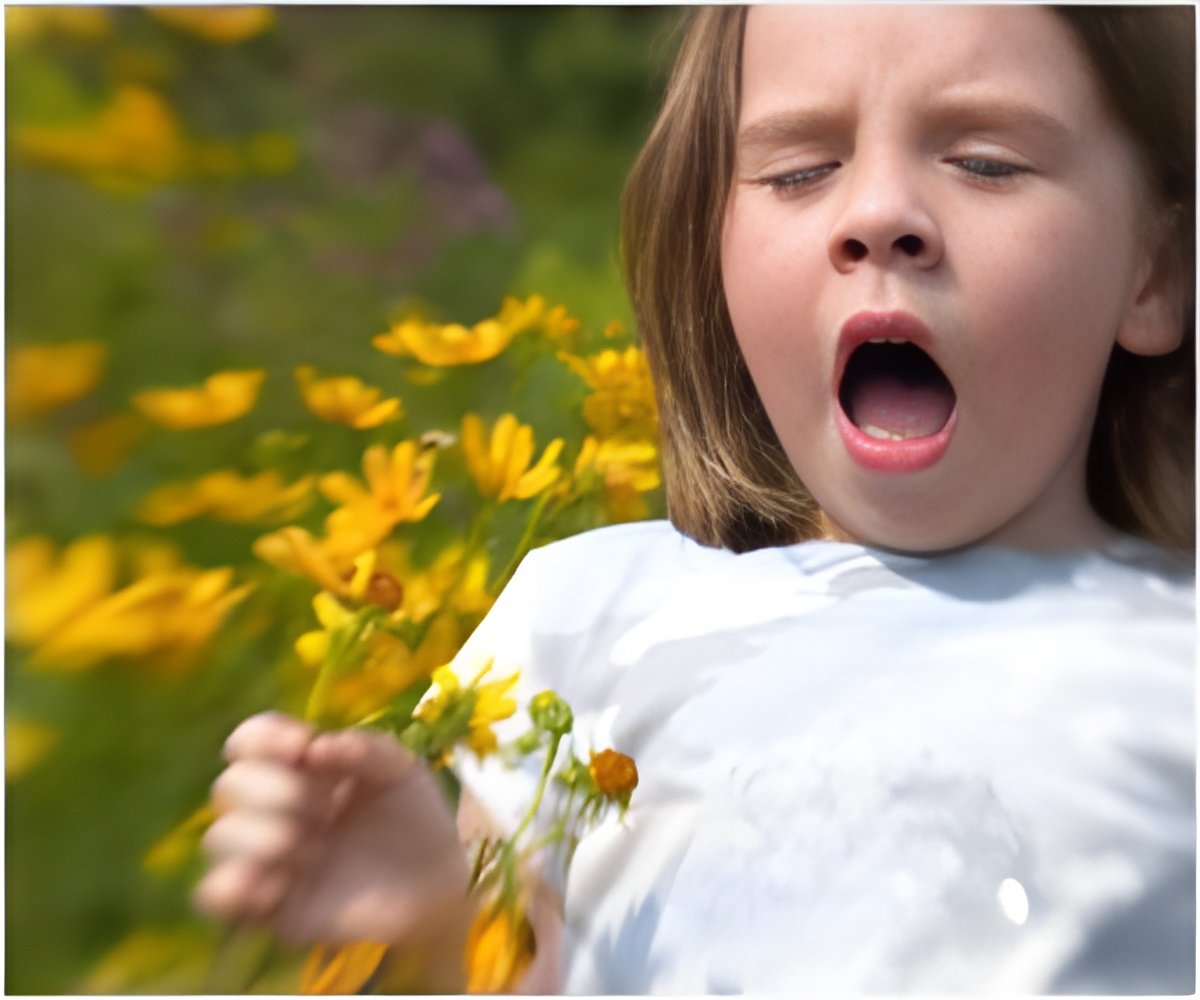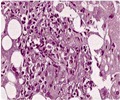It is well-known that hay fever, which is characterized by runny nose, sneezing and itchy eyes is caused by an allergy to pollen, and most commonly to grass pollen.

Worldwide there are over 10,000 species of grass and most of these species are able to cause symptoms in people who have hay fever. The different species release their pollen sequentially so that, for a sufferer, hay fever, also called seasonal allergic rhinitis, can last for the whole three months that grasses are flowering.
Researchers from Netherlands compared daily pollen counts with daily symptoms reported by hay fever sufferers (with a positive skin test to grass pollen) living around Leiden. The people involved in the study were also tested for other common allergies including birch pollen (birch releases its pollen just before the start of the grass pollen season), house dust mites, dogs and cats. The study covered the consecutive hay fever seasons of 2007 and 2008.
Symptoms of hay fever definitely matched the concentration of pollen in the air and also the amount of medication taken. Higher medication use was seen during days with high pollen counts and severe symptoms, while less medication was taken on days with low pollen counts and milder symptom severity.
Surprisingly the symptom scores at the beginning of the season were higher than scores at the end of the season for a similar pollen count. This could not be accounted for by medication taken such as antihistamines, nor by the long term use of nasal steroids. The birch pollen season precedes grass pollen and over half of the sufferers were also allergic to birch. However the results showed that having both allergies also could not explain the differences between symptom scores in the beginning and the end of the season.
Dr Letty de Weger, from Leiden University Medical Centre, who led the research explained, "It is possible that sufferers report their symptoms as milder later in the season because they get used to their hay fever, or that the pollen from late flowering species is less allergenic than pollen from early flowering grass. However there has been other work which suggests that high exposure to grass pollen early in the season may down regulate inflammation on subsequent contact possibly via the production of allergen specific regulatory T cells."
Advertisement















